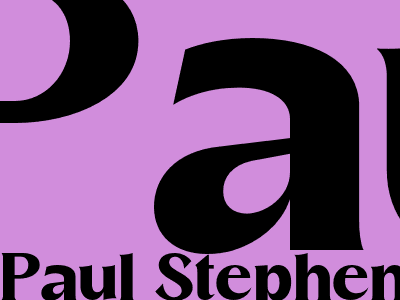
Paul Stephenson: The Bristol Bus Boycott and the Fight for Civil and Political Rights
Who was Paul Stephenson?
Paul Stephenson was born in 1942 in Jamaica and migrated to Britain in 1961, where he joined the workforce as a bus conductor. He quickly realized that he was a victim of discrimination and racism in his workplace and sought to address these issues by joining the United Kingdom's Campaign Against Racial Discrimination in 1963.
The Bristol Bus Boycott
In 1963, Paul Stephenson became a key figure in the Bristol Bus Boycott when he was unjustly suspended from his job as a bus conductor for an alleged traffic violation. The suspension was seen as a clear act of victimization, and in response, 300 bus workers went on strike and supporters organized a boycott of Bristol Omnibus company buses.
The boycott organizers called on supporters to walk by and boycott the buses which resulted in a 30% loss of revenue for the company. The strike and boycott lasted for four months and attracted national attention, with support coming from trade unions, churches, and civil rights groups.
In the face of mounting pressure, the bus company was forced to reinstate Paul Stephenson and to recognize the Transport and General Workers Union, which represented the workers.
The Legacy of the Boycott
The Bristol Bus Boycott was a significant victory for the civil rights movement in Britain and laid the foundation for the Race Relations Act of 1965, which outlawed discrimination on the grounds of race, colour, or ethnic origin.
Paul Stephenson continued to be an active campaigner for racial equality. He was a founding member of the Bristol Black People's Council and served as its chairman for many years. He was awarded an MBE in 2003 for his services to the community.
Conclusion
The Bristol Bus Boycott was one of the pivotal moments in the civil rights movement in Britain. Paul Stephenson played a key role in the boycott, and his courage and determination helped to bring about real change. His legacy continues to inspire those who fight for racial equality today.